Scott Anderson1 Samuel 17:57-18:5, 10-16 † Psalm 133 † 2 Corinthians 6:1-13 † Mark 4:35-41 You can view a video recording of this sermon here. I had never before noticed the cushion. Did you catch it? Jesus was in the back of the boat, asleep on the cushion before they woke him up. That’s a peculiar detail that is included only in Mark. I mean, what are we talking about here? Was it some kind of flotation device or seat pad? Maybe it was something more practical for the skipper. I mean, how luxurious was this setup?
I did have to laugh though when I read this detail in my research: “… it is important to avoid a translation which would suggest that Jesus was so small or coiled up as to be able to sleep on a single pillow.”[i]
0 Comments
Scott Anderson Isaiah 6:1-8 † Psalm 29 † Romans 8:12-17 † John 3:1-17 For perhaps ten thousand years on this continent, long before modern industrial monoculture farming methods became dominant, women mounded up the earth and planted three seeds right next to each other in the ground. Robin Wall Kimmerer tells us of this story of the Three Sisters in her book Braiding Sweetgrass.
Together these plants—corn, beans, and squash—feed the people, feed the land, and feed our imaginations, telling us how we might live. For millennia, from Mexico to Montana, women have mounded up the earth and laid these three seeds in the ground, all in the same square foot of soil.[1] Do you recognize the strands of knowledge and understanding, and mystery Kimmerer is braiding together here as she talks about these plants—corn, beans and squash? The plants feed the people, feed the land. And they feed imaginations. They teach lessons about morality and purpose, about what it takes to live fully, to live well, and to live long—if we have ears to hear (no pun intended). Scott AndersonActs 1:15-17, 21-26 † Psalm 1 † 1 John 5:9-13 † John 17:6-9 A video version of this sermon can be found here. Perhaps you are aware that the US is the only developed country in which pregnancy-related mortality—deaths of women in childbirth—is actually going up rather than down. And while rates of infant mortality have generally gone down over the years, infant mortality remains a big problem among some populations—this in a country that has demonstrated such astonishing scientific capabilities when it comes to things like rapidly developing vaccines in a crisis that we are able to anticipate being back together next week. As of 2020, American women were far more likely to die from pregnancy-related causes than women in other wealthy countries.[i] There is an important, and startling caveat to all this, though. These numbers are not trending across the board. Both of these rates are driven by what is going on with Black women and babies.
Scott AndersonActs 8:26-40 † Psalm 22:25-31 † 1 John 4:7-21 † John 15:1-8
A video version of this sermon can be found www.standrewpc.org/sermons/5th-sunday-of-easter-year-bhere. It is important to notice, when we look at this Acts story of Philip and the Ethiopian Eunuch that it is a story with three characters not just two. Great detail is provided about the first two—unusually detailed information, in fact. This isn’t like some of Luke’s other stories where people are left in mystery. We know a great deal about Philip from other texts in Acts—he is a deacon: one of seven Greek-speaking Jewish Christians appointed by the Twelve to tend to the needs of others, especially widows in the Greek-speaking portion of the fledgling Christian community. He is known as Philip the evangelist. He eventually settled in Caesarea, a government seat in first-century Palestine. He had four daughters who were considered prophets.[i] We know perhaps more than we want to know about the Ethiopian. They are in charge of the treasury of the Candace, which is the official title of the queen mother who is head of the Ethiopian government. We know by their chariot that they have status. We know by their scroll that they can afford rare things. We know by their Greek that they are educated. We know by their reading Isaiah that they are devout. We know by their invitation that this Ethiopian is humble enough to know what they don’t understand and to ask for help, and hospitable enough to respond to Philip when he approaches. And we know, because the author of the two volume Luke-Acts story tells us five times, that they are a eunuch. Scott AndersonActs 4:5-12 † Psalm 23 † 1 John 3:16-24 † John 10:11-18
A video version of this sermon can be found here. Robin DiAngelo’s family was struggling. She and her two sisters were raised in poverty in the 1960s by their single mom: “…we were flat out.” She says. “We lived in our car. We were not bathed.” DiAngelo is the author of White Fragility, I suspect, one of the most important books of our time. It was clear DiAngelo’s mother was helpless and at her wits end. They had no resources and no help. They were hungry, but here’s the kicker: if she would reach out to take, for example, some food someone had left out, DiAngelo’s mother would stop her: ‘Don’t touch that. You don’t know who touched it, it could have been a colored person.’ ‘Don’t sit there. You don’t know who sat there, it could have been a colored person.’ That moment crystalized something for DiAngelo: The message was clear: If a colored person touched it, it would be dirty. But I was dirty. Yet in those moments, the shame of poverty was lifted. I wasn’t poor anymore. I was white.” Scott AndersonJeremiah 31:31-34 † Psalm 119:9-16 † Hebrews 5:5-10 † John 12:20-33
A video version of this sermon can be found here. Unless a grain of wheat falls into the earth and dies, it remains just a single grain; but if it dies, it bears much fruit. Here is the crux, the turning point of John’s gospel. It marks the major turn in the structure of the book. The hour has indeed come, even though we are only halfway through the gospel. “Now is the judgment of this world; now the ruler of this world will be driven out.”[i] We should not miss this. And if we do not understand, we are wise to listen and open ourselves to it until we do. To accentuate the point, we hear not only the voice of Jesus, but the voice of heaven affirm it. In the other gospels—in Matthew, Mark, and Luke—the voice of God is also heard, but at Jesus’ baptism. In John, it is heard here and here only. “I have glorified it—God’s name, that is—and I will glorify it again.” Why here? And what does it mean? This is a strange affirmation to a strange fruit. Perhaps it seems counterintuitive to believe that death breeds life. We do know, though, the truth of this text so central to our Christian faith. We have seen again and again the power of self-giving and sacrifice. Martyrs through history have given themselves so that life would change for the many. Scott AndersonGenesis 17:1-7, 15-16 † Psalm 22:23-31 † Romans 4:13-25 † Mark 8:31-9:1 A video of this sermon is available here. In the 1920s and 30s, towns and cities across the United States tried to outdo one another in building thousands of magnificent public swimming pools for their communities. They were often enormous and elaborate—community gathering places built for a rapidly expanding middle class to enjoy together. There was the Big Pool in Garden City, Kansas. Dug by hand and opened in 1922, the bath house and wading pool were added by the WPA in the 1930s. Elephants from nearby Lee Richardson Zoo swam in it after it closed for the season. In the 1980s in a promotional stunt, two Garden City youth skied on the pool to promote Finnup Park, Lee Richardson Zoo, and the world’s largest outdoor free concrete municipal swimming pool. The pool is currently closed for another face-lift with plans to reopen for a grand centennial celebration.
Scott AndersonGenesis 9:8-17 † Psalm 25:1-10 † 1 Peter 3:18-22 † Mark 1:9-15 A video version of this sermon can be found here. Here’s a pro tip for you. When it comes to learning, repetition is less important than struggle. This is the insight of what is known as the generation effect according to David Epstein in his book Range. Struggling to generate an answer on your own, even a wrong one, enhances subsequent learning.[i] It helps learning over the long-term in at least two ways—it makes it stick and it enhances our ability to apply our learning broadly. The struggle—doing the work—is the key. Epstein explains, “for learning that is both durable (it sticks) and flexible (it can be applied broadly), fast and easy is precisely the problem.”[ii]
Scott AndersonDeuteronomy 18:15-20 † Psalm 111 † 1 Corinthians 8:1-13 † Mark 1:21-28
A video form of this meditation can be found here. We know the old adage about first impressions and how deeply they imprint an expectation. Such is the case here, I suspect. This is, after all, the inauguration of Jesus’ public ministry—the first impression. It is his inaugural act on the heels of assembling his leadership team. Inaugurations say a lot, I suspect, about our leaders. And each of the gospels underline something a little different about Jesus. Matthew begins with the Sermon on the Mount, presenting us with a version of Jesus who is a definitive teacher. Luke offers a vision statement of social renewal—Jesus as the one to bring good news to the poor. John skips the ceremony and goes straight to the wedding party at Cana and a sudden abundance of good wine to show us a savior who came for life abundant. Mark’s Jesus is a little like Marshawn Lynch was back in the day, I suppose—he’s all about that action, boss. He leaps into the fray. He starts where we are today, in the synagogue—at church, if you like—with a new teaching, with authority. But it isn’t just about words, certainly not empty words, not words alone. These words evoke something big. They have power. They change everything. You know. It’s pretty standard stuff when it comes to what we’ve come to expect in worship, I suppose. A teaching that leads to a loud encounter with an unclean spirit. Screaming. Convulsions. Pews flying. An exorcism. You know Tuesday, or, I guess, Sunday, as it were. Scott Anderson1 Samuel 3:1-10 † Psalm 139:1-6, 13-18 † 1 Corinthians 6:12-20 † John 1:43-51
A video form of this meditation can be found here. How do we hear the voice of God? How do we recognize the voice of truth when it speaks? How do we understand what we see with our own eyes, and the truth of it? I suspect this is one of the most challenging aspects of the current moment. As we watch the crescendo of right-wing domestic terrorism, shaped and fueled as it has been by mistruths and lies, spreading into all institutions and corners of society. What hope do we have to hold out for our better angels and a future that is truer and safer and more equitable when our own perspectives are dismissed by those who seem to live in entirely different plausibility structures? And on what basis can we be sure that our perspective is fundamentally better than that of these our current president and his supporters call patriots? While I hold to my own convictions, perhaps more strongly now than ever, I know my own perspectives are sometimes incomplete and flawed. I keep thinking of a viral video I suspect most of us have seen of capitol police officer Eugene Goodman making his way up the capitol steps with dozens of rioters menacing him.[i] |
St. Andrew SermonsCategories
All
|
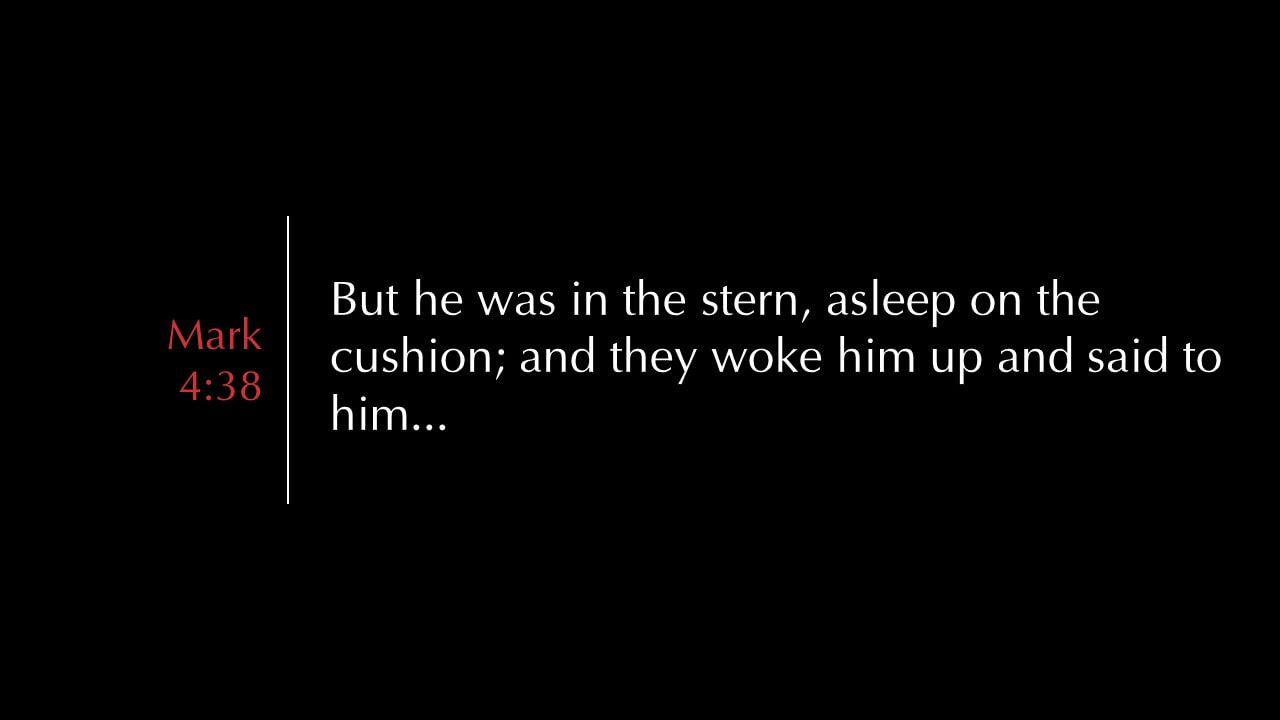
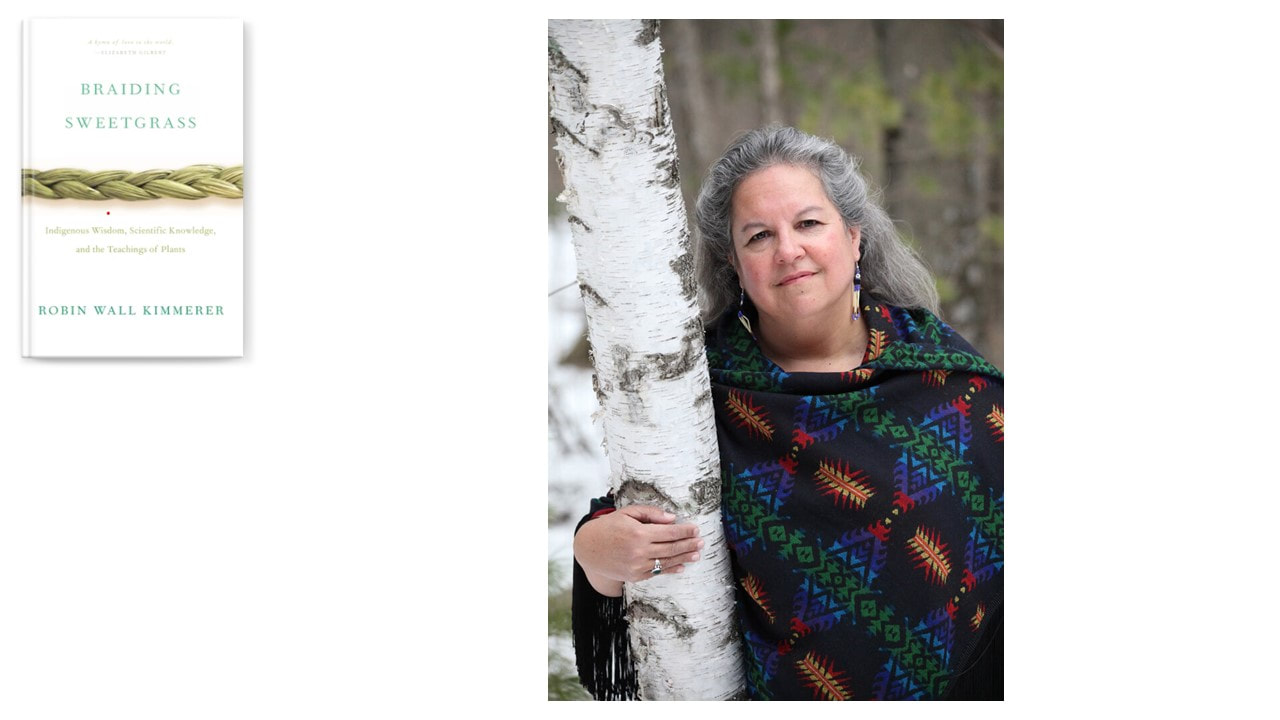
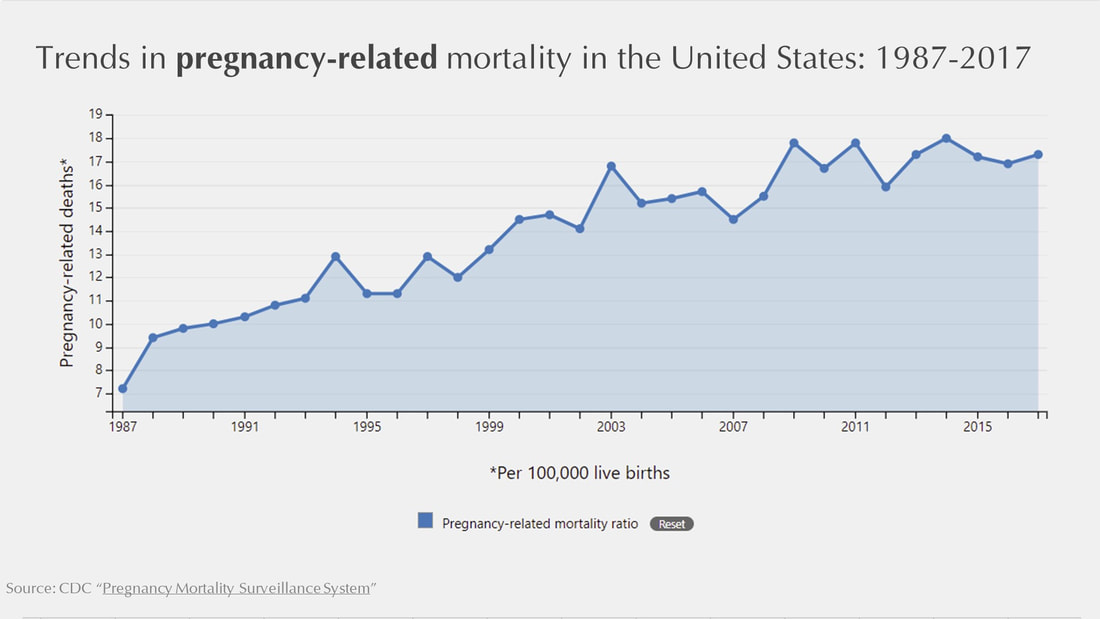
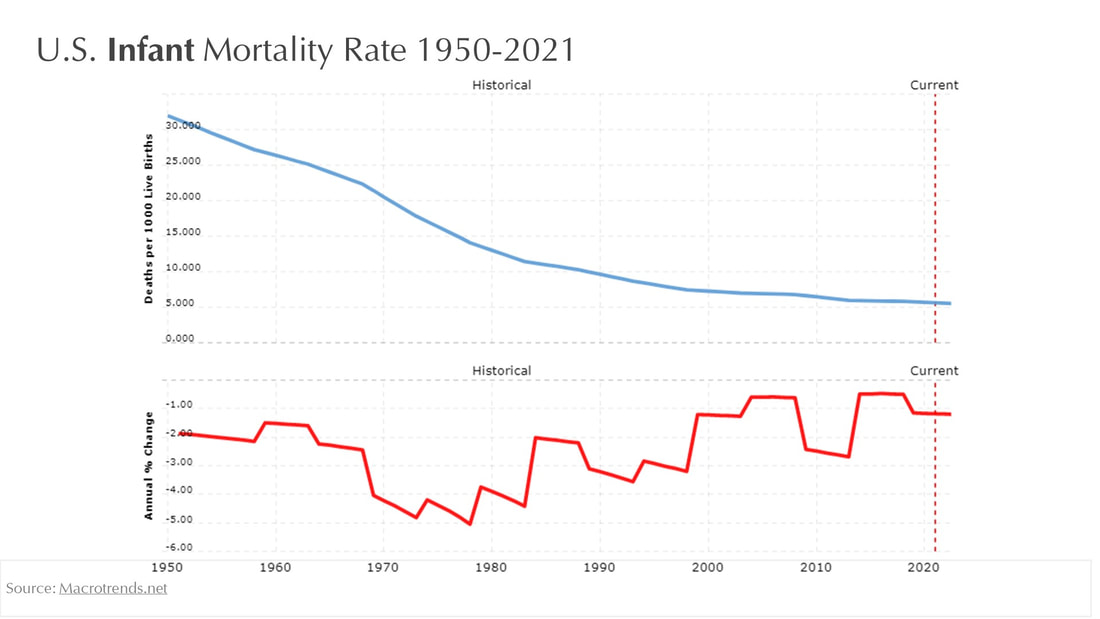
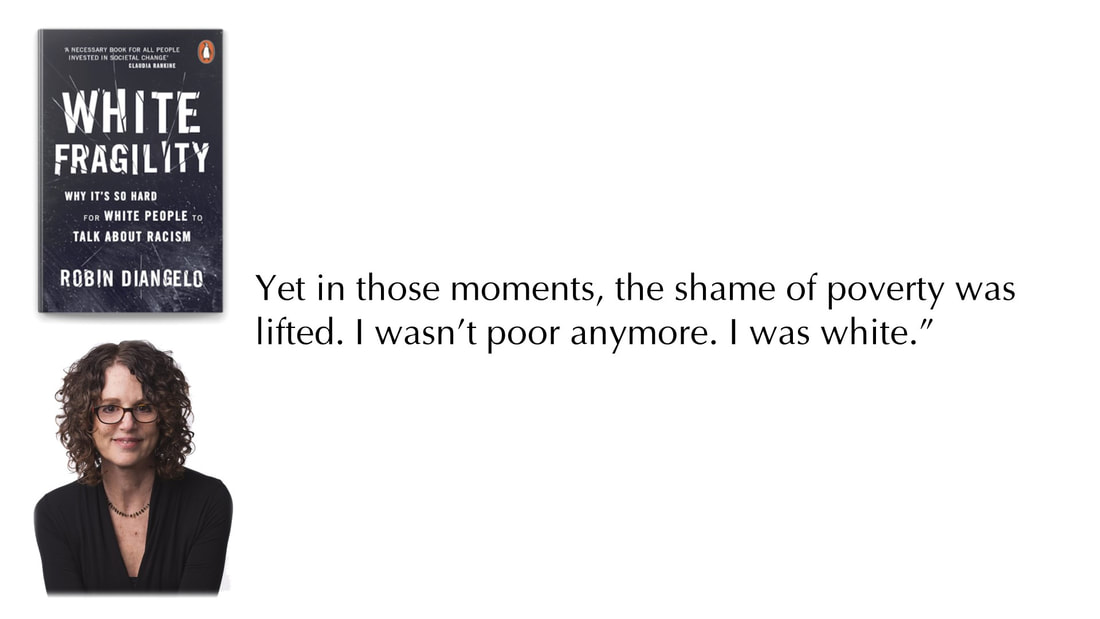
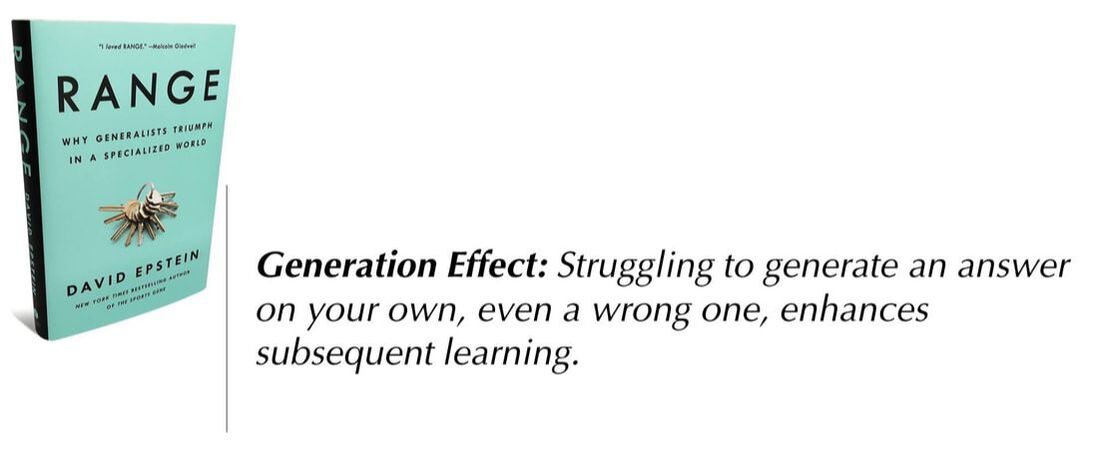
 RSS Feed
RSS Feed